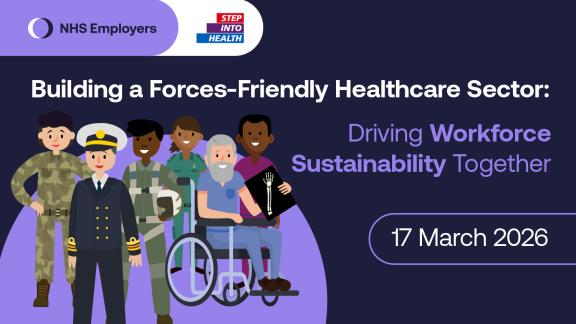Care Certificate

Launched in 2015 as part of the Cavendish Review, the Care Certificate is developed by Skills for Health, Skills for Care and NHS England.
The Care Certificate aims to equip health and social care support workers, including healthcare assistants, assistant practitioners, and trainee nursing associates with the knowledge and skills needed to provide safe and compassionate care. Individuals must complete it within 12 weeks of starting the process, meeting each of the 16 Care Certificate standards.
In March 2025, the standards were updated to align with sector developments and the introduction of the 'Level 2 Adult Social Care Certificate' qualification. There are now 16 standards, including a new standard to capture awareness of learning disability and autism.
Each standard is underpinned by a learning and assessment criteria, including topics such as duty of care, working in a patient-centred way, and communication.
The Care Certificate can be used by those who are new to care, and can be used as part of a structured induction. Many employers now offer the Care Certificate as part of their apprenticeship programme or T Level industry placements. This short animation explains what the Care Certificate is, who it is for and why is it so important.
The Care Quality Commission states that “the Care Certificate sets standards for the induction of health care support workers to form the foundation for ongoing learning and development”.
They use their assessment framework to evaluate providers’ approaches to staff induction and using nationally recognised good practice, such as the Care Certificate, is a good way to demonstrate this.
Care Certificate scenarios
Support workers can access scenarios in a variety of settings, supporting them to apply the principles behind the Care Certificate.
All scenarios within the Care Certificate programme depict individual care settings to enhance workplace knowledge and to help assessors practice assessing learners in their place of work. They are a great way to enhance overall knowledge of the health and care system and are a valuable resource to all healthcare professions.
Each scenario uses patient case studies and examples from the working environment to help colleagues apply the Care Certificate standards within their work setting. The scenarios cover key aspects including preparing for a shift, handover meetings, and examples of clients and factors of their care to consider. Learners then experience supporting the clients through a particular session and updating their care plan or patient notes afterwards.
The interactive sessions also support colleagues to have conversations with their assessor around any observations and decisions made during the session.
The scenarios can be accessed within the Care Certificate programme on the elearning for healthcare portal.
Resources and further information
- To support you in delivering the Care Certificate in your organisation, there are a number of resources available on the Skills for Health website, including e-learning packages.
- NHS England, Skills for Care and Skills for Health have produced a set of frequently asked questions to support the use of the 2025 updated Care Certificate standards.
- There is a range of resources on the Skills for Life workspace on the FutureNHS platform to help you to develop the functional skills of your support staff, which extend beyond English and Maths skills to include ESOL, ICT and digital literacy, and other work skills.
- You can record completion of the certificate on the NHS Electronic Staff Record (ESR). Access the ESR website for some practical suggestions about how to manage this process.
- National Numeracy Challenge has developed resources to support employers to deliver the care certificate.
- NHS England has created this toolkit for employers to help assess and understand the current learning levels of their support workforce and signpost them to the most appropriate resources to meet their individual learning needs.
Get involved
Care Certificate leads across England are encouraged to join the Care Certificate leads network. The network meets bi-monthly as a collective group and has facilitated the design and implementation of additional resources for the Care Certificate, including updated assessor guidance and the development of new assessor modules and linked functional skills/lifelong learning skills.
The Higher Development Award follows on from the Care Certificate. It is a personal development programme for clinical and non-clinical support workers, used to build knowledge and potential of the support workforce. The Higher Development Award aims to bridge the gap between completing the certificate and moving on to progression opportunities within their organisation.



